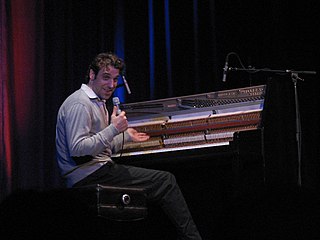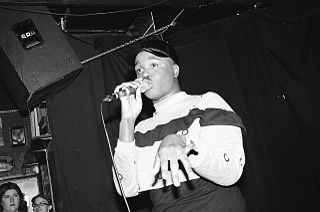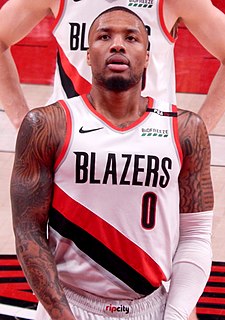A Quote by Eliza Griswold
The power of the voice in rap is about the expression of truth, rather than the expression of some kind of artifice. Landays, they're about love and pleasure and oppression and levels of oppression within a family. And because of that, I think rap music is probably closely related.
Related Quotes
I do think there's a great deal of politics mixed in rap. Their reference to the real world is much better than most, particularly a lot of women who seem like all they do is sing about love. Love is such a fleeting emotion. It's such a small part of the things you do in your life. I don't understand why that's all they concentrate on, except that that's what they're encouraged to do, because if you keep thinking about love, you'll be less of a challenge. I like that about rap. It's got power to it.
If you're going to point out the ridiculousness of a rule, it's naïve to think that you can break it. It's the same way that rappers have embraced capitalism. Some people say they liked it better when rap was a literal protest form in the '90s. But I think it's more a form of protest today, because it's telling the story of what happens once something forbidden is within reach. I think rap is more political today when it speaks about luxury watches than it does about fighting the power.
My family have always supported my rap - and they know I love them when I rap about them - but I'm just Michael Jackson to them. They care more about me. I express my love for them in a much more personal way on this record. It's about our conversations; my fear, and their advice. I know my sisters are gonna hear "Willie Burke Sherwood", which is named for my grandfather, and cry. I used to do music for me, because my ego needed it, but now I'm doing music for my family and friends who helped me become a rapper.
Rap has so many possibilities that need to be explored. There are different factions of rap, but some are in a rut. Rap doesn't have to be about boosting egos and grabbing your crotch and dissing women. There's a way to make political and social issues interesting and entertaining to the young rap audience.
For you to be able to rap fast and fit many words into a bar, that's what rap is about, the showmanship. That's the thing we're kind of losing now. I'm not saying that the music now is horrible. I mean, I don't listen to it. The showmanship and creativity in rap is what made it special and what made it different.
I feel like when it comes to rap - like, real rap music - and knowing the pioneers of rap, I feel like there's no competition for me in the NBA. Other guys can rap, but they're not as invested or as deep into actual music as I am and always have been. I think that might be what the difference is. I'm more wanting to be an artist.
We have to remember that the experience of gangsta rap as such in its foundation is an anti-systemic experience primarily. And it is an anti-systemic experience that is not in some cases politicized, but in general results in a much more transgressive, much more uncomfortable music for the structures of power, than conscious rap or political rap.
I rap when I'm rich. I rap when I'm broke. I rap when I'm bullshit in the street. I rap about only having one woman now. If you can look at a continuum of my career, it's been an evolution of a real dude. So when I say I take my wife to the strip club, we're there, at the five-dollar joint. More than anything, I want people to take away that I'm not mainstream act.































